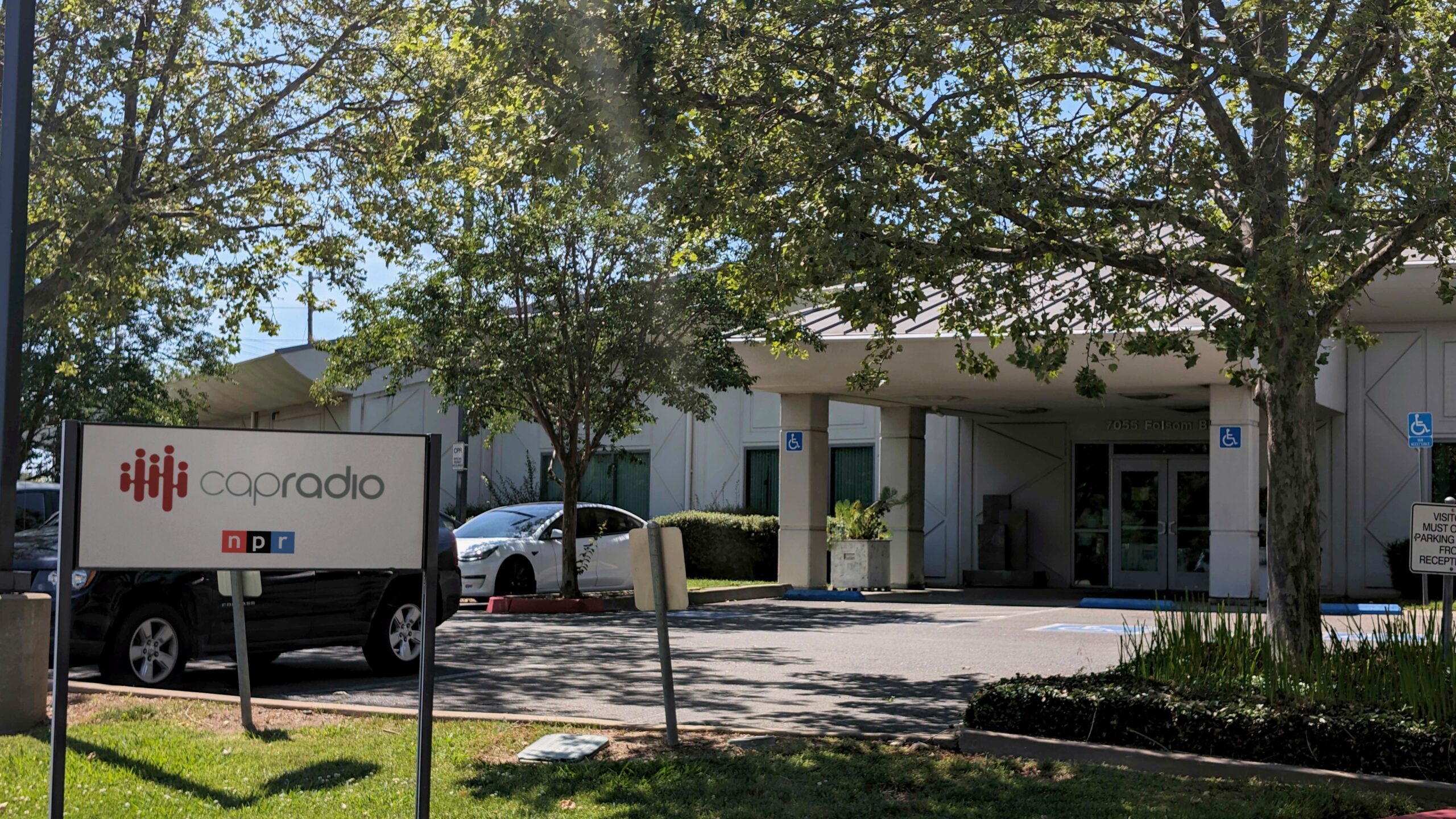Public TV organizations ask FCC to protect noncoms when repacking spectrum
Three national public broadcasting organizations are asking the FCC to change its spectrum auction rules to ensure that channel repacking leaves no community without noncommercial television.
The Association for Public Television Stations, PBS and CPB are concerned that repacking, or the channel shifting that will occur after the auction, could create such “white spaces.” Public television’s mission includes universal coverage, providing every American household with access to free educational television content.
In a Sept. 15 petition, the organizations asked the FCC to “reconsider and revise” its auction rules based on the precedence that the agency has long recognized noncom TV spectrum as protected and distinct from commercial. The spectrum auction rules make no distinction between commercial and public spectrum.
In a joint statement, the three organizations said that even before the Public Broadcasting Act of 1967, the FCC had “recognized the value of reserving a portion of the television band for noncommercial educational use and diligently acted to shield a portion of the public airwaves from commercial market pressures so that it could be dedicated in service of the American public.”
The petition asks the FCC to allow a noncom station to relinquish all of its spectrum only if another noncom remains on the air in that community or if at least one reserved channel is saved to enable another noncom to take over that spectrum at a later date.
All broadcasters face several options for the upcoming spectrum auctions, set to begin as soon as mid-2015. A station could give up all its bandwidth and its license to broadcast, share a channel with another station, move from a UHF to a VHF channel or decline to participate.





